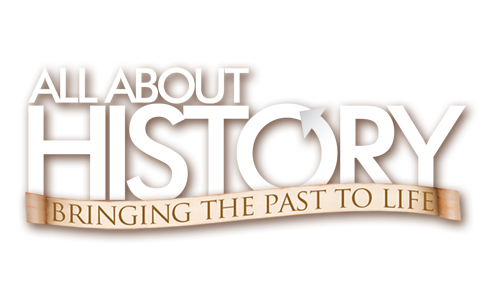Starmus 2014: “Let me tell you, I didn’t become an astronaut for the money,” says Apollo 7’s Cunningham
Apollo 7’s Walt Cunningham talks openly about the risks of being an astronaut at the Starmus astronomy festival

The crew of the first manned Apollo space mission. From left to right: Command Module pilot, Don F. Eisele, Commander, Walter M. Schirra Jr. and Lunar Module pilot, Walter Cunningham. Image Credit: NASA
Being an astronaut certainly had its risks, said Walt Cunningham, who was the Lunar Module Pilot for the Apollo 7 mission, at Starmus in Tenerife this week. In fact, the risks were so high that NASA refused to put flight insurance on their astronauts due to the high cost for the agency’s other employees.
“Why did I become an astronaut? Let me tell you, it wasn’t for the money,” laughed Cunningham. “My starting salary when I went to work for NASA was $13,050 (£8,000) a year. When I left eight years later, I had worked my way up to $25,000 (£15,334).”
“It was, however, one of the world’s greatest jobs,” he added. Despite the high risks and low wages, Cunningham and his crew were determined to see the challenges Apollo 7 posed through. “We didn’t shy away from the unknown and we were willing to take a risk,” he said of himself as well as the mission’s commander Walter Schirra and Command Module Pilot Donn Eisele. “We depended on each other for our lives.”
Apollo 7, which launched in 1968, was the first mission in the United States’ Apollo program to carry a crew into space. Taking Cunningham, Schirra and Eisele into low Earth orbit, the spacecraft carried out the mission that Apollo 1 was scheduled to do. Sadly, a cabin fire killed all three crew members – Gus Grissom, Edward White and Roger Chaffee -of Apollo 1 in 1967. “I lost three good friends in that fire,” Cunningham said, sadly.
Cunningham also spoke of this thrill for adventure. “Some of you might ask: ‘what is an adventure?’,” the astronaut said. “An adventure must satisfy three conditions. It must advance human knowledge, it must have a real risk of dying and it must have an uncertain conclusion.”
President Kennedy, who served as the 35th President of the United States, also saw human trips into space as a challenge that needed to be overcome, Cunningham told the audience.

The first live television transmission from space from Apollo 7. Image Credit: NASA
“Kennedy said that: ‘we chose to do this, not because it was easy, but because it was hard’,” recalled Cunningham. “You see, President Kennedy was willing to take a risk. It wasn’t just a technical risk, or a human risk – at the time it was an economic risk and it was a political risk. That took initiative and leadership.”
At this time, not a single american had been into orbit, with Russia’s Yuri Gagarin holding the title of being the first man in space. To be an astronaut, you were hired on experience and qualifications – something that Cunningham has in spades given his flawless academic achievements, including a doctorate in physics, and previous career as a fighter pilot for the military.
Despite his background, the retired astronaut said his high motivation helped him to pass NASA’s pre-screening and allowed him to beat over 770 other highly qualified applicants. “I have to tell you, some brilliant people didn’t make it. I’ll never forget, we were narrowed down to 34 people,” he said.
One of these people was his good friend Bob Shoemaker, who was also a fighter pilot and somebody Cunningham felt he was no match for. “I thought he was a sure thing but he became ill and it took him six months to recover,” he recalled.
Cunningham adds regretfully: “The next time I saw him – it was a picture of him – being led through a village in Vietnam with his hands tied behind his back. Bob was the first fighter pilot shot down in Vietnam.”
Comparing today’s astronauts to those back in his day, Cunningham spoke of how things have changed. “It was thought that only a youthful fighter pilot could endure the wear and tear of spaceflight. It was a young man’s game – or so we thought,” he said. “Today, the average age in NASA’s astronaut office is above 45.”
Talking of the future’s next astronauts – who will be the first to hopefully land on Mars – Cunningham added these individuals must be “willing to stick their necks out”.
“If you’re not willing to risk failure, then you don’t deserve to win,” he added.
All About Space magazine is available every month for just £3.99. Alternatively you can subscribe here for a fraction of the price!




